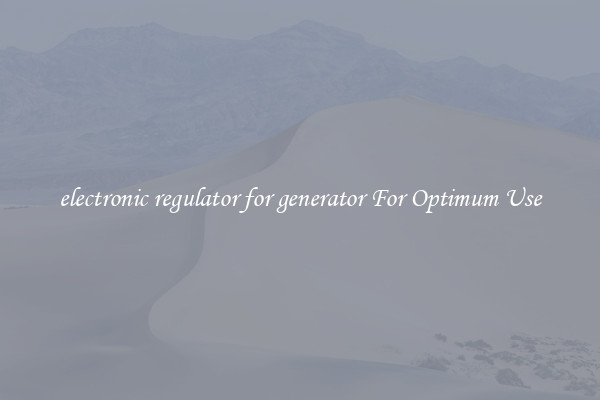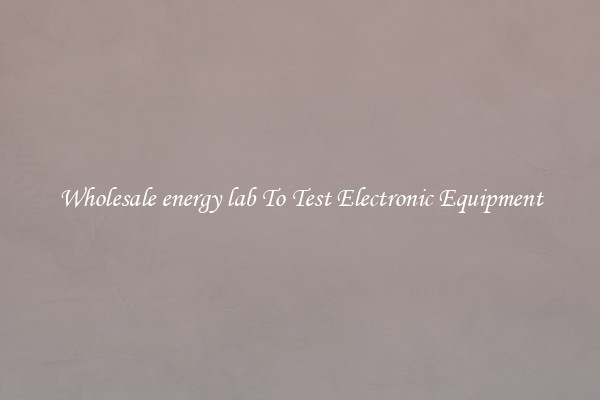electronic regulator for generator For Optimum Use
An electronic regulator for generators is a device that controls and maintains the voltage output of the generator, ensuring that it remains within a specific range regardless of load fluctuations. This article will explore the importance of using an electronic regulator for generators and how it can optimize the performance and longevity of your generator.

One of the main benefits of using an electronic regulator is the ability to regulate voltage output accurately. Traditional mechanical regulators can often lead to overvoltage or undervoltage, which can be detrimental to both the generator and the connected appliances or equipment. Overvoltage can cause damage to sensitive electronic components, while undervoltage can result in poor performance or failure of electrical devices. An electronic regulator ensures that the voltage output is stable and within the desired range, eliminating any risk of damage or inefficiency.
Another advantage of electronic regulators is their ability to handle load fluctuations effectively. Generators are often used in situations where the load can vary greatly, such as in construction sites or outdoor events. Traditional regulators may struggle to respond quickly to these changes, resulting in fluctuating voltage output. Electronic regulators, on the other hand, can adjust the voltage almost instantaneously, ensuring a stable power supply regardless of load changes. This feature is especially important when it comes to powering sensitive equipment that requires a constant and stable power source.
Furthermore, electronic regulators offer better protection against power surges and spikes. These transient voltage variations can occur due to lightning strikes, grid disturbances, or faulty equipment. They can cause severe damage to both the generator and the connected devices. An electronic regulator can detect these surges and spikes and quickly react to prevent any harm. It acts as a safety measure, safeguarding your generator and prolonging its lifespan.
Additionally, electronic regulators are often equipped with advanced features such as voltage control adjustments, frequency regulation, and synchronization capabilities. These features enable precise control and coordination when using multiple generators in parallel, minimizing the risk of imbalances and ensuring a reliable and efficient power supply.
In conclusion, using an electronic regulator for your generator is essential for optimum use. It ensures accurate voltage output, handles load fluctuations effectively, protects against power surges, and offers advanced features for improved control and coordination. Investing in a high-quality electronic regulator will not only enhance the performance and lifespan of your generator but also provide a reliable and stable power supply for your appliances and equipment. Don't underestimate the importance of this small yet crucial device in optimizing the use of your generator.

View details

View details

View details

View details








